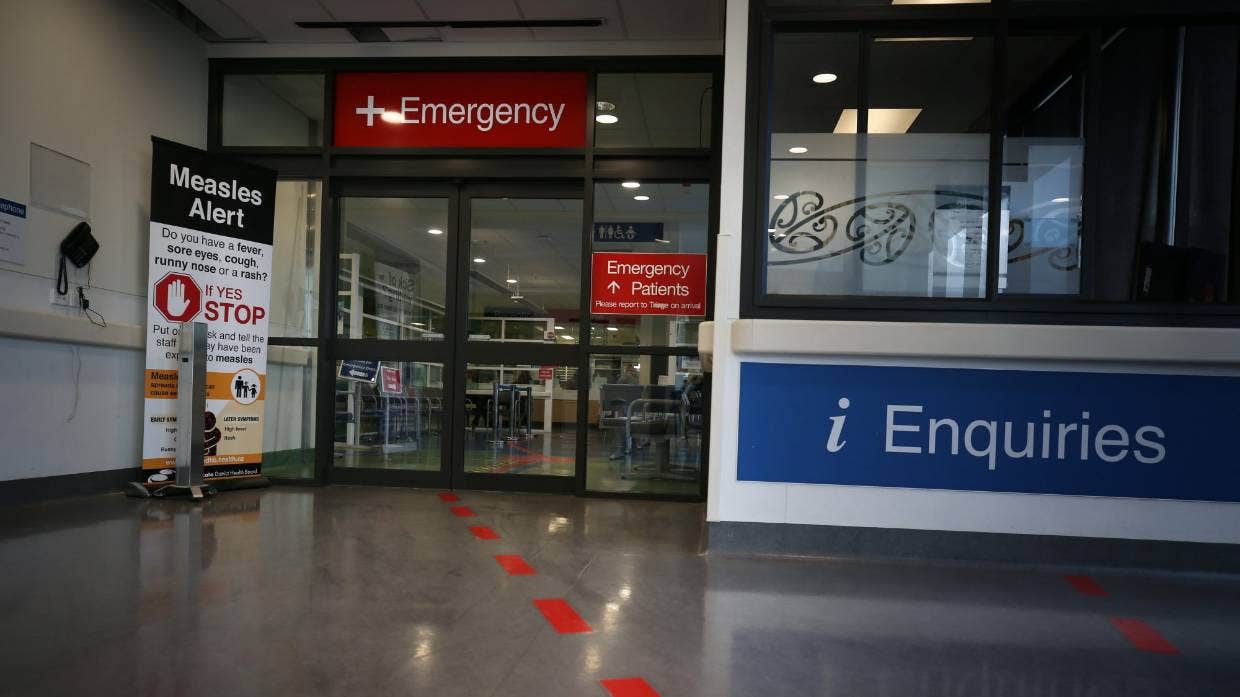The health sector reforms are set to cause upheaval at the top echelons, but job numbers may not change much overall, economists say.
… Dr Matt Roskruge (Te Atiawa, Ngāti Tama), a Massey University senior lecturer in the School of Economics and Finance, said a lot of jobs could be lost, and a lot of jobs created but in different areas.
“We’re going to see growth in employment in the ministry, in public health, in Māori health, the new health authority will need people.
“There will certainly be lots of people who lose their jobs and don’t find a new position because their job has changed,” he said.
Health boards had a lot of workers in areas such as bureaucracy, compliance, risk assessment and administration.
“There is an awful lot of the DHB workforce that isn’t directly involved in providing healthcare. If you’re centralising some of those roles, then depending on how they do it, you can imagine in the regions some of those jobs will go.”
Roskruge said the public health workforce in New Zealand had been gutted, and he welcomed the new public health authority.
“I’m really excited to see whether that public health authority can protect and grow that public health workforce and planning.
He was concerned that jobs might migrate to Wellington from the regions in the first round, administrative job restructure.
“We might lose some administrative functions … which is probably great news, because we were wasting huge amounts of money and effort in duplicating things across DHBs.
“The inability for the DHBs to communicate through IT platforms, for example, is just terrifying.”
He was hopeful Māori health providers would expand and move into a national level as a result of contracting to the Māori health organisation.

